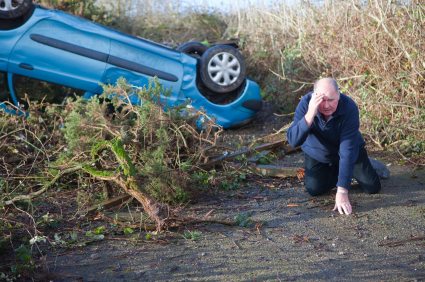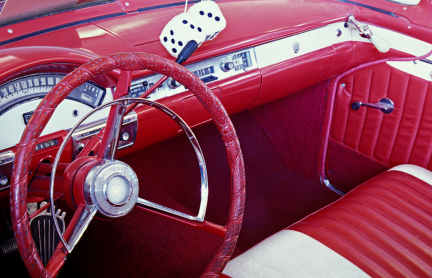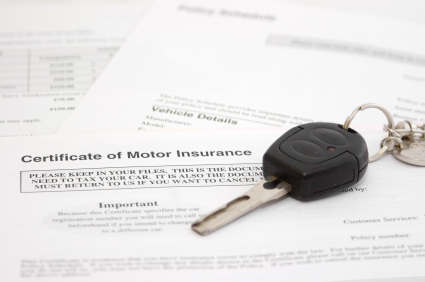Assigned Risk Auto Insurance
What assigned risk auto insurance is, who needs it, how to apply for it, and knowing when to leave it behind.
All drivers are legally required to have auto insurance, but not all drivers have perfect records. Insurance companies recognize this and work to manage their risk by catering to those with tickets, claims, points and other driving blemishes.
But what if you’re convicted of multiple DUIs in a short period of time, or if your driving record is otherwise so bad that you don’t qualify for insurance even with high risk companies? Can you still get coverage?
The answer is yes, but it’s not cheap.
What Is Assigned Risk Auto Insurance?
At the most general level, assigned risk insurance, also known as the “assigned risk pool,” is a state- or regionally-run program that allows people who can’t otherwise qualify to get legally required insurance due to get insurance. The assigned risk concept is most commonly associated with workers compensation and auto insurance. Obviously, we’re only going to talk about the auto insurance portion of it here.
Assigned risk auto insurance programs assign drivers to various insurance companies, which are then required to take them. There’s little choice in assigned risk. You’re compelled to take what’s offered, and the company assigned to your policy is required to underwrite it. Any company which refuses risks losing their privilege to do business in your state, therefore none do.
Although rates and coverages for these policies are dictated by the assigned risk pool rather than the insurance company, they are still very basic and quite expensive. SR-22 filings are included.
In recent years more and more high risk and non-standard auto insurance companies have entered the market. This means that only those with truly awful driving records need assigned risk auto insurance. Indeed many agents will tell you an assigned risk auto insurance application is quite rare indeed.
Applying for Assigned Risk Auto Insurance
Your shouldn’t apply for assigned risk auto insurance unless you absolutely have to. Go through the application process through several different standard and high risk companies first. There is absolutely no point in saddling yourself with assigned risk auto insurance if you can get coverage elsewhere.
Remember, different companies look at different things when considering driving record. Therefore, while one company may consider you too risky, another may not. Also keep in mind companies look at driving records for different periods of time. Some are only interested in three years of driving history, while others will want to know about five.
If you find you do need assigned risk auto insurance, fill out the application with your agent and pay the necessary premium. The agent will then send the application to the pool where it will get assigned. Chances are good your policy will wind up with a different company than the one your agent represents.
Assigned Risk Is NOT Forever
The nice thing about auto insurance driving records is that nothing is forever. If one truly turns the page on bad driving habits, even the worst driver can shed his or her horrendous driving record and become any insurance company’s preferred customer.
If you do have an assigned risk policy, meet with your agent every six months or so to see if you can get qualified with a high risk or even a standard company again. There’s no reason whatsoever to stay on assigned risk even one day longer than you have to.





